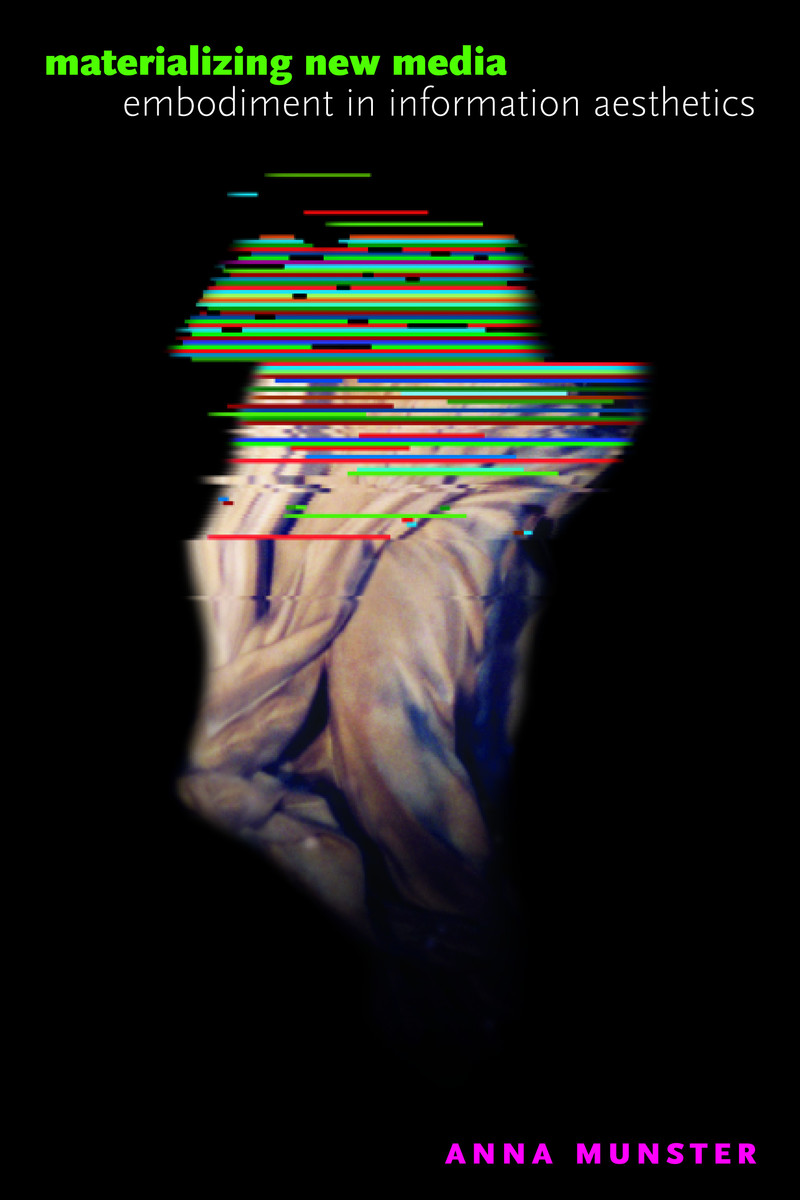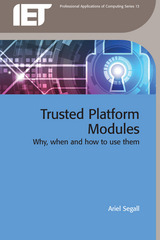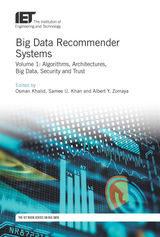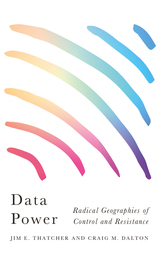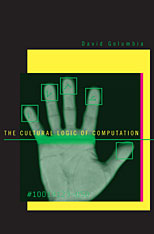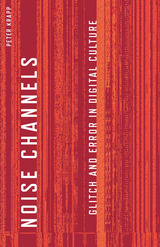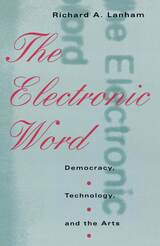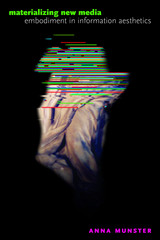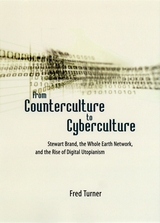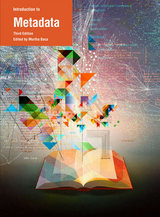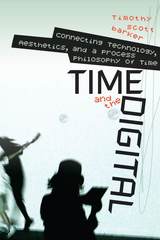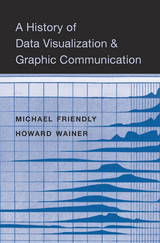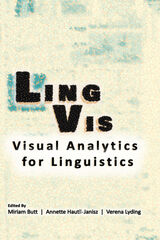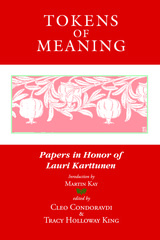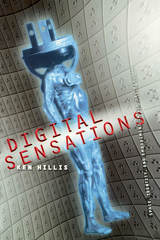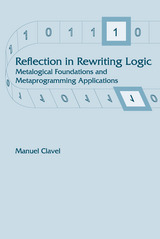Materializing New Media: Embodiment in Information Aesthetics
Dartmouth College Press, 2006
Paper: 978-1-58465-558-9 | Cloth: 978-1-58465-557-2 | eISBN: 978-1-61168-294-6
Library of Congress Classification QA76.9.C66M86 2006
Dewey Decimal Classification 303.4833
Paper: 978-1-58465-558-9 | Cloth: 978-1-58465-557-2 | eISBN: 978-1-61168-294-6
Library of Congress Classification QA76.9.C66M86 2006
Dewey Decimal Classification 303.4833
ABOUT THIS BOOK | AUTHOR BIOGRAPHY | REVIEWS | TOC
ABOUT THIS BOOK
In Materializing New Media, Anna Munster offers an alternative aesthetic genealogy for digital culture. Eschewing the prevailing Cartesian aesthetic that aligns the digital with the disembodied, the formless, and the placeless, Munster seeks to “materialize” digital culture by demonstrating that its aesthetics have reconfigured bodily experience and reconceived materiality. Her topics range from artistic experiments in body-computer interfaces to the impact that corporeal interaction and geopolitical circumstances have on producing new media art and culture. She argues that new media, materiality, perception, and artistic practices now mutually constitute “information aesthetics.” Information aesthetics is concerned with new modes of sensory engagement in which distributed spaces and temporal variation play crucial roles. In analyzing the experiments that new media art performs with the materiality of space and time, Munster demonstrates how new media has likewise changed our bodies and those of others in global information culture. Materializing New Media calls for a re-examination of the roles of both body and affect in their relation to the virtual and to abstract codes of information. It offers a nonlinear approach to aesthetics and art history based on a concept of “folding” that can discern certain kinds of proximities and continuations across distances in time (in particular between the Baroque and the digital). Finally, it analyzes digital culture through a logic of the differential rather than of the binary. This allows the author to overcome a habit of futurism, which until now has plagued analyses of new media art and culture. Technology is now not seen as surpassing the human body but continually reconfiguring it and constitutive of it.
See other books on: Computers and civilization | Embodiment | Film | Performing Arts
See other titles from Dartmouth College Press
